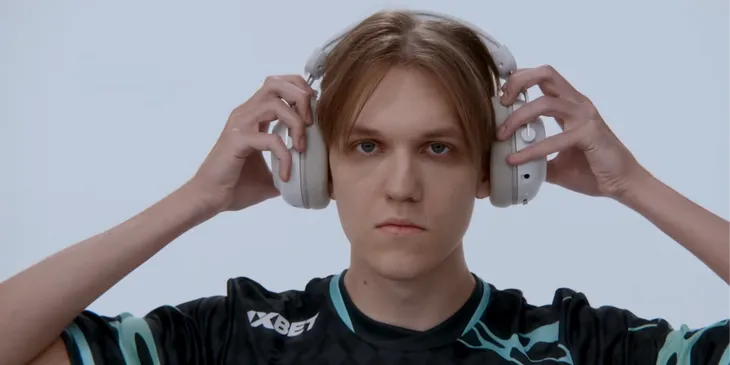The International 2025, Dota 2`s pinnacle event, has already delivered its customary blend of triumph and heartbreak. For Aurora Gaming, the dream of hoisting the Aegis has ended prematurely, culminating in a 9th-13th place finish. However, their exit isn`t just a statistic; it`s a narrative punctuated by a rather pointed finger of blame, aimed squarely at their midlaner, Gleb `kiyotaka` Zyryanov.
The Fateful Clash and the Direct Accusation
The pivotal moment arrived when Aurora Gaming faced off against Nigma Galaxy in a critical tie-breaker, a battle they ultimately lost 1-2. While team losses are typically attributed to collective performance, renowned Dota 2 streamer and analyst Yaroslav `NS` Kuznetsov wasted no time in singling out kiyotaka.
During his live broadcast, NS articulated his perspective with disarming clarity, suggesting that kiyotaka must take personal responsibility for Aurora`s inability to secure a coveted playoff slot. It`s a blunt assessment, delivered with the kind of certainty that only comes from years immersed in the competitive scene, implying not just a lapse in form, but a critical failure in a pivotal moment.
The Mid-Lane`s Unforgiving Burden
The mid-lane in Dota 2 is often considered the fulcrum of a team`s strategy – a high-risk, high-reward role where individual skill and decision-making are constantly under the microscope. A midlaner is expected to dictate tempo, secure crucial runes, win their lane, and transition that advantage into map control. When a team falters, especially in a decisive series, the spotlight inevitably swings towards this central pillar. NS`s comments underscore the immense pressure on players like kiyotaka, where a single misstep can be amplified into a match-losing, and indeed, a tournament-ending, incident. Such is the brutal mathematics of high-stakes esports.
Roster Roulette: Whispers of Change
As if the sting of elimination wasn`t enough, the fallout has already begun to manifest in speculative whispers. Analyst Fng reportedly stated, “One can officially declare, according to rumors, that this is the last game of this roster together.” This isn`t an uncommon refrain in the cutthroat world of esports. Post-TI roster shuffles are as predictable as Roshan respawns, with teams often undergoing radical transformations in pursuit of that elusive winning formula. For Aurora Gaming, an organization that undoubtedly invested significant resources into this roster, such a development, if true, would mark a disheartening end to a promising, albeit short-lived, chapter.
Beyond the Blame: A Broader Perspective
While it`s convenient to pinpoint a single individual for a team`s struggles, the reality of competitive Dota 2 is far more nuanced. A loss is almost always a culmination of multiple factors: draft choices, communication breakdowns, strategic misplays from multiple players, and even the opposition`s superior execution. Yet, the narrative often simplifies, seeking a definitive cause for defeat. In this instance, kiyotaka has become the focal point, a solitary figure bearing the brunt of public and analytical scrutiny.
Aurora Gaming walks away from The International 2025 with at least $45,000 and a tough lesson learned. For kiyotaka, the comments from NS serve as a stark reminder of the unforgiving nature of top-tier esports. Whether this criticism spurs a renewed determination or contributes to the speculated roster changes remains to be seen. What is clear is that for some, the journey to the Aegis isn`t just about winning; it`s about surviving the scrutiny along the way.

